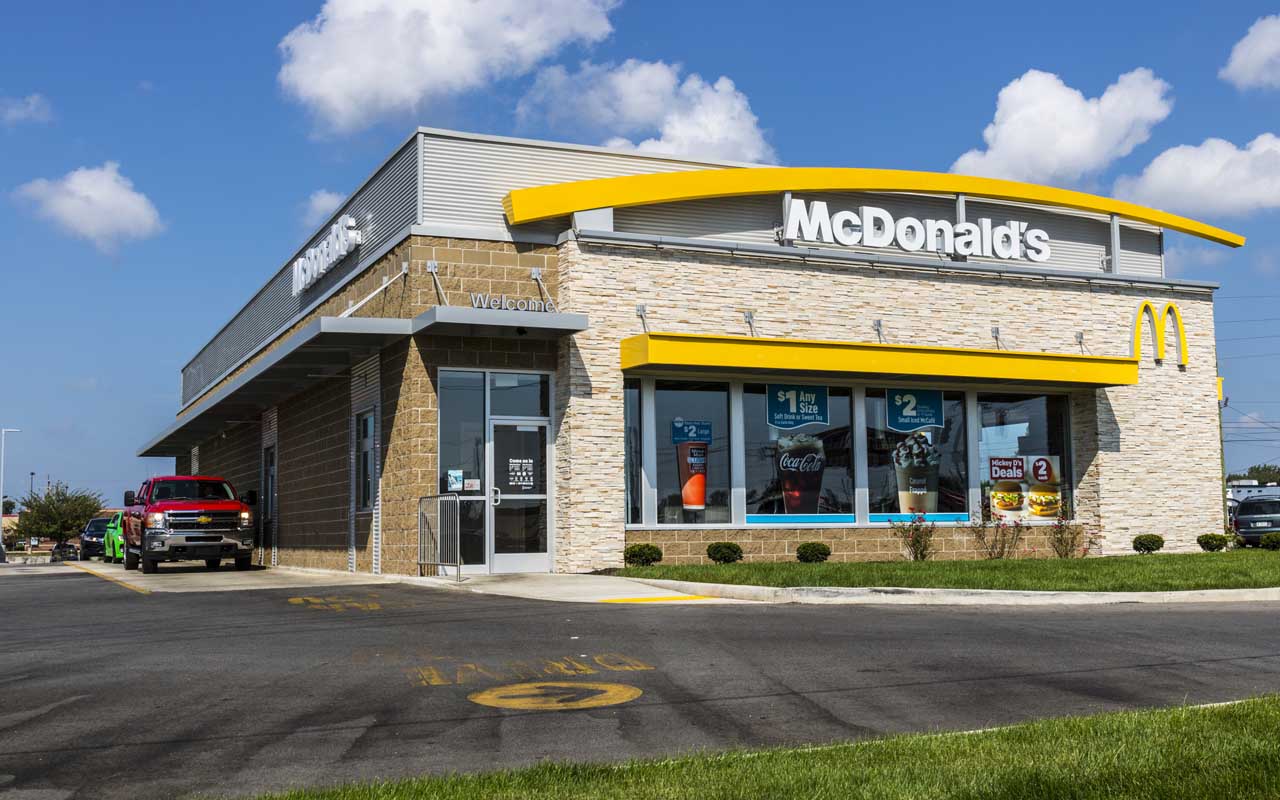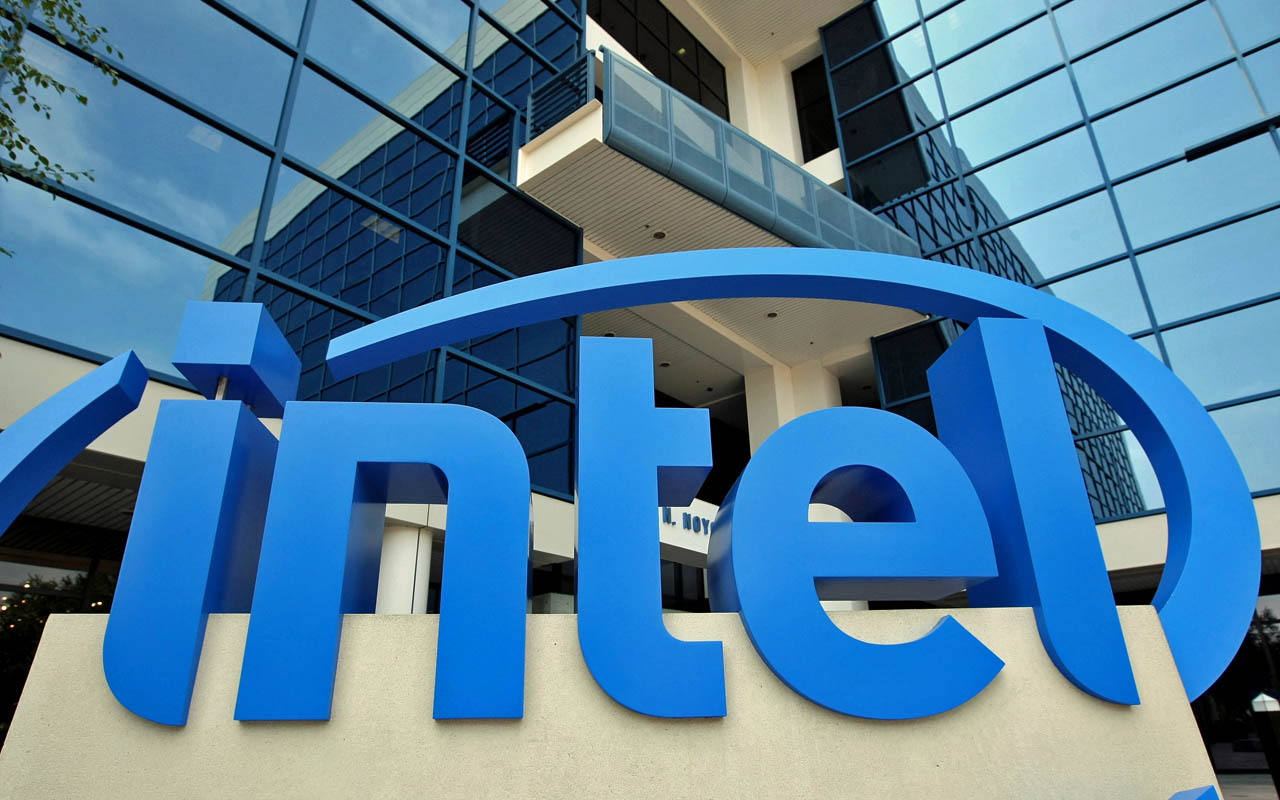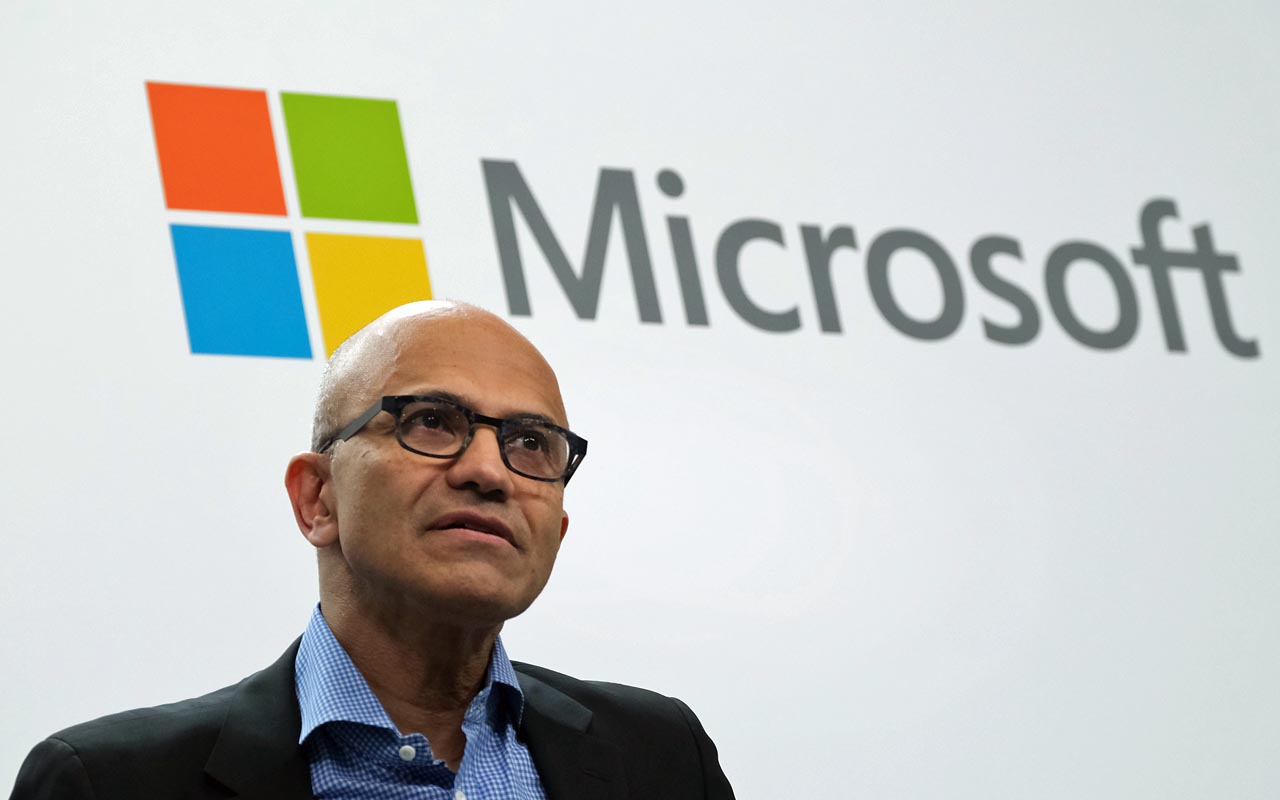The 9 Best Dow Jones Dividend Growth Stocks
The Dow Jones Industrial Average, conceived by Charles Dow in 1896 to serve as the market's benchmark, nowadays also serves as a can't-miss index for income investors.


Profit and prosper with the best of Kiplinger's advice on investing, taxes, retirement, personal finance and much more. Delivered daily. Enter your email in the box and click Sign Me Up.
You are now subscribed
Your newsletter sign-up was successful
Want to add more newsletters?

Delivered daily
Kiplinger Today
Profit and prosper with the best of Kiplinger's advice on investing, taxes, retirement, personal finance and much more delivered daily. Smart money moves start here.

Sent five days a week
Kiplinger A Step Ahead
Get practical help to make better financial decisions in your everyday life, from spending to savings on top deals.

Delivered daily
Kiplinger Closing Bell
Get today's biggest financial and investing headlines delivered to your inbox every day the U.S. stock market is open.

Sent twice a week
Kiplinger Adviser Intel
Financial pros across the country share best practices and fresh tactics to preserve and grow your wealth.

Delivered weekly
Kiplinger Tax Tips
Trim your federal and state tax bills with practical tax-planning and tax-cutting strategies.

Sent twice a week
Kiplinger Retirement Tips
Your twice-a-week guide to planning and enjoying a financially secure and richly rewarding retirement

Sent bimonthly.
Kiplinger Adviser Angle
Insights for advisers, wealth managers and other financial professionals.

Sent twice a week
Kiplinger Investing Weekly
Your twice-a-week roundup of promising stocks, funds, companies and industries you should consider, ones you should avoid, and why.

Sent weekly for six weeks
Kiplinger Invest for Retirement
Your step-by-step six-part series on how to invest for retirement, from devising a successful strategy to exactly which investments to choose.
The Dow Jones Industrial Average, conceived by Charles Dow in 1896 to serve as the market's benchmark, nowadays also serves as a can't-miss index for income investors. Especially if you're looking for dividend growth stocks.
The Dow consists of 30 large-cap U.S. businesses that are meant to reflect America's economy. Its constituents include many iconic companies, including Exxon Mobil (XOM) and Coca-Cola (KO). Impressively, all 30 stocks pay dividends.
Several of these companies can be found in Simply Safe Dividends' best high dividend stocks list. But high current yield isn't the only dividend metric you should look at. Dividend increases, for instance, can not only lead to higher yields later down the road, but also act as a signal helping you to identify companies with rising profits and a sturdy balance sheet.
Let's review nine of the best Dow Jones dividend growth stocks. These companies appear to be the best equipped to continue rewarding their shareholders with safe and fast-growing dividends for years to come.
Data is as of Feb. 10. Dividend yields are calculated by annualizing the most recent payout and dividing by the share price.

Apple
- Market value: $1.4 trillion
- Dividend yield: 1.0%
- Apple (AAPL, $321.55) is the largest equity stake among Berkshire Hathaway's (BRK.B) dividend stocks, which Simply Safe Dividends has analyzed in detail.
Warren Buffett likes to own businesses that generate a lot of cash and have durability. With an iconic brand, an operating margin routinely north of 20% and a portfolio of loved hardware products and (increasingly) services, Apple is no exception. Indeed, Apple's dividend is becoming an increasingly important factor in owning the stock.
AAPL reinstated its payout in 2012 and has increased it each year since. The company's dividend has potential to grow at a double-digit rate thanks to the iPhone maker's low earnings payout ratio near 25%, fortress balance sheet with more than $200 billion in cash and marketable securities, and its fast-growing Services division.
This high-margin business consists of popular software services – such as iCloud, Apple Pay and the App Store – that are integrated into Apple's hardware products. Services accounted for about 18% of AAPL's total revenue in fiscal 2019, and that number is expected to keep climbing.
Given the capital-light nature of this business and its double-digit growth rate, Services has the potential to boost Apple's already substantial profits. That in turn puts Apple among the highest-potential dividend growth stocks.

Home Depot
- Market value: $262.5 billion
- Dividend yield: 2.3%
- Home Depot (HD, $240.61), whose roots date back to 1978, has grown to become the largest home improvement retailer in America with more than 2,200 stores across the U.S., Canada and Mexico.
Leveraging its size, Home Depot can afford to offer more than 1 million products between its indoor retail space and e-commerce business, making one-stop shopping easy, convenient and affordable for its customers.
While online shopping is disrupting many areas of brick-and-mortar retail, home improvement is not one of them. Morningstar senior equity analyst Jaime Katz even believes this industry is "one of the best insulated sectors from e-commerce threats," noting that many of its products are heavy and thus uneconomical to ship to individual consumers. Other goods require employees' specialized knowledge, too.
Home Depot has paid uninterrupted dividends for more than 30 years while recording 20%-plus annual dividend growth over the trailing five- and 20-year periods. With a healthy payout ratio near 50% and a track record of delivering double-digit earnings growth most years, this Dow stock's dividend has good potential to continue rising at a healthy clip in the years ahead.

McDonald's
- Market value: $160.6 billion
- Dividend yield: 2.4%
- McDonald's (MCD, $213.21) is the largest fast-food retailer in the world with more than 38,000 locations in more than 100 countries.
But rather than owning and operating all of its stores, McDonald's has franchised about 93% of its restaurants to independent businesspeople. Because franchisees pay for most of a restaurant's kitchen equipment, signs, seating and other expenses, McDonald's enjoys a capital-light business that generates excellent margins and cash flow.
Yes, McDonald's has to ensure customers receive a consistent experience from one location to the next. But otherwise, the fast-food giant sits back and collects high-margin rent payments and royalties based largely on a percentage of a restaurant's sales from its franchisees. In a way, it's the closest thing resembling a real estate operator among the Dow's best dividend growth stocks.
Not surprisingly, McDonald's shares many qualities with the most recession-proof dividend stocks reviewed by Simply Safe Dividends.
MCD last raised its dividend by 8% in September 2019, continuing its track record of raising its cash distribution each year since it began paying dividends in 1976. With a reasonable payout ratio near 60%, an investment-grade balance sheet and analysts' expectations calling for continued mid-single-digit growth in earnings per share (EPS), investors can likely expect a similar pace of dividend growth to continue.

Visa
- Market value: $456.5 billion
- Dividend yield: 0.6%
CFRA analyst Chris Kuiper sums up Visa's (V, $205.99) long-term thesis in one sentence:
"We believe investors underestimate the top-line growth potential for Visa given the world market where 85% of transactions are still done in cash."
As electronic payments continue taking market share, Kuiper believes Visa's revenue growth rate could escalate to nearly 15% annually over the next three to five years. The resulting profits would likely help the global payments firm easily continue its track record of growing its dividend by about 20% annually over the past half-decade.
"We see electronic payments increasingly driven by mobile, with Visa in a leadership position," he adds. "International is another major growth driver, and we note the acquisition of Visa Europe."
This Dow dividend stock's strong payout growth potential is further supported by its earnings payout ratio, which sits near a low level of 20%. The company also enjoys an AA investment-grade credit rating from Standard & Poor's.
Simply put, Visa's financial health is excellent, and its outlook for future growth remains just as bright.

Merck
- Market value: $218.9 billion
- Dividend yield: 2.9%
For many decades, drugmaker Merck's (MRK, $85.66) dividend hikes were nothing to boast about, averaging about 2% to 3% annually. But MRK has been among the more aggressive Dow dividend growth stocks of late; the company increased its dividend by 15% in October 2018, then announced an 11% hike in November 2019.
Merck's revenue declined steadily from 2011 through 2015 as its drug development efforts weren't enough to offset headwinds created by the patent cliff. After stagnating for several years, Merck's revenue climbed 5% in 2018. Growth continues to accelerate; the company just reported an 11% sales increase during 2019.
Morningstar director Damien Conover notes that new product launches have successfully warded off generic competition to offset losses from drugs losing exclusivity. Merck's Keytruda drug for cancer treatment is an especially important blockbuster opportunity with multibillion-dollar revenue potential.
MRK boasts an earnings payout ratio below 50% and an investment-grade balance sheet. Meanwhile, analysts expect mid-single digit EPS growth in 2020 (driven by Keytruda). Thus, Merck's dividend looks safe and appears to have healthy growth potential, especially compared to its historical pace.
Coupled with its above-average dividend yield, Merck could be an appealing candidate for retirees seeking to live off dividends – a concept explained by Simply Safe Dividends.

American Express
- Market value: $107.1 billion
- Dividend yield: 1.3%
- American Express (AXP, $132.24), another holding in Berkshire Hathaway's portfolio, was formed in 1850 and provides consumers and businesses with credit card and travel-related services.
While the credit card industry is rife with competition, American Express has long differentiated itself as one of the most valuable brands in the world by focusing on excellent customer service. In fact, the firm typically ranks No. 1 for customer satisfaction among credit card companies in the U.S. according to J.D. Power.
As a result, the firm has amassed more than 110 million cards in force, racking up over $1.2 trillion in worldwide billed business each year.
Merchants want to work with AmEx because of its large and premium-focused customer base, and American Express's customers want access to its attractive rewards, which are made possible by the higher discount revenue earned from merchants. This creates somewhat of a network effect to help the firm continue adding new cardholders with strong credit and above-average spending habits.
Coupled with management's financial conservatism, which earns the business an investment-grade credit rating from Standard & Poor's, American Express has managed to pay uninterrupted dividends since 1987 while growing its payout by about 10% annually in each of the past five years.
AXP management expects double-digit EPS growth to continue as card member spending, loans and fee-based products continue to expand. That suggests this Dow dividend growth stock can continue its pace of payout hikes.

Intel
- Market value: $284.0 billion
- Dividend yield: 2.0%
Incorporated in 1968, Intel's (INTC, $66.39) microprocessors power many of the world's computers and servers. While Intel's core personal computing market is very mature following growth in mobile devices, the company has branched into new growth areas such as artificial intelligence, electronics in cars and connected devices. Cloud computing also is bolstering demand for more data centers, which account for about half of Intel's revenue.
Morningstar analyst Abhinav Davuluri writes that the firm's above-average spending on R&D and capital expenditures have helped INTC better control its complex manufacturing process, resulting in chips that deliver better performance and greater cost efficiencies compared to rivals.
Overall, management believes the company's addressable market exceeds $300 billion. For context, Intel's annual revenue is about $70 billion, which suggests the chipmaker still has plenty of areas to grow into, and profitably.
Intel's potential among dividend growth stocks is notable, too. The company has paid uninterrupted dividends for more than two decades, compounding its payout by about 7% annually over the past five years.
Intel maintains an excellent A+ credit rating from Standard & Poor's, and its sub-30% payout ratio is at its lowest level in more than a decade. This should make mid- to high-single-digit annual dividend growth a realistic possibility for INTC investors in the years ahead.

Nike
- Market value: $155.8 billion
- Dividend yield: 1.0%
- Nike (NKE, $100.02) owns one of the most well-known brands in the world, driven by its more than $3.7 billion in annual spending on advertising and endorsement deals with popular athletes to enhance the connection its brands enjoy with consumers.
Combined with its continuous introduction of quality and innovative products, NKE enjoys solid pricing power and has established itself as the largest seller of athletic footwear and apparel in the world.
Despite its size, Nike's revenue has more than doubled since 2010, and its dividend has nearly quadrupled, compounding by more than 13% annually.
With about 60% of total revenues derived in international markets, many of which offer solid long-term growth prospects as the middle-class population grows in developing economies, Nike should have a long runway to continue expanding its business. Yes, the company has warned about the effects of the coronavirus outbreak in China, which made up 18% of revenues in its most recent quarter. But that appears to be no more than a short-term hiccup for now.
Nike's dividend has great growth potential, too. Analysts expect NKE to record double-digit EPS growth once again in 2020, and its payout ratio near 30% has plenty of room to expand as well. Investors can likely expect Nike to continue doling out dividend increases of around 10% annually.

Microsoft
- Market value: $1.4 trillion
- Dividend yield: 1.1%
The tech sector isn't known for its dividends, but Microsoft (MSFT, $188.70) is among the exceptions. The firm has delivered uninterrupted dividends since 2003, and its cash distribution has nearly quadrupled since 2010, including an 11% raise announced in September 2019.
Microsoft represents one of the more impressive corporate turnarounds of the past decade, going from declining revenue as late as fiscal 2016 to double-digit sales growth in its most recent year.
Argus analyst Joseph Bonner explains that CEO Satya Nadella successfully pivoted Microsoft toward commercial and cloud application businesses and is also benefiting from growing IT spending, especially for hybrid cloud solutions.
Bonner doesn't think the growth is done, either. He writes that MSFT can deliver about 11% to 12% EPS expansion in each of the next two years as it continues riding these trends. This makes it all the more likely that the company will keep up its double-digit dividend growth.
Also, very few dividend growth stocks are as financially strong as Microsoft, which earns a "Very Safe" Dividend Safety Score from Simply Safe Dividends.
Microsoft is just one of two companies that hold Standard & Poor's top credit rating of AAA; the other is Johnson & Johnson (JNJ). That means Microsoft's debt is literally rated better than that of the U.S. government. MSFT also boasts a healthy sub-40% payout ratio and its free cash flow margin is just shy of 30%.
This is a business with staying power, especially for long-term dividend growth investors.
Brian Bollinger was long AAPL, AXP, BA, INTC, MCD and V as of this writing.
Profit and prosper with the best of Kiplinger's advice on investing, taxes, retirement, personal finance and much more. Delivered daily. Enter your email in the box and click Sign Me Up.

Brian Bollinger is President of Simply Safe Dividends, a company that provides online tools and research designed to help investors generate safe retirement income from dividend stocks without the high fees associated with many other financial products.
-
 Ask the Tax Editor: Federal Income Tax Deductions
Ask the Tax Editor: Federal Income Tax DeductionsAsk the Editor In this week's Ask the Editor Q&A, Joy Taylor answers questions on federal income tax deductions
-
 States With No-Fault Car Insurance Laws (and How No-Fault Car Insurance Works)
States With No-Fault Car Insurance Laws (and How No-Fault Car Insurance Works)A breakdown of the confusing rules around no-fault car insurance in every state where it exists.
-
 7 Frugal Habits to Keep Even When You're Rich
7 Frugal Habits to Keep Even When You're RichSome frugal habits are worth it, no matter what tax bracket you're in.
-
 Stocks Sink With Alphabet, Bitcoin: Stock Market Today
Stocks Sink With Alphabet, Bitcoin: Stock Market TodayA dismal round of jobs data did little to lift sentiment on Thursday.
-
 Dow Leads in Mixed Session on Amgen Earnings: Stock Market Today
Dow Leads in Mixed Session on Amgen Earnings: Stock Market TodayThe rest of Wall Street struggled as Advanced Micro Devices earnings caused a chip-stock sell-off.
-
 Nasdaq Slides 1.4% on Big Tech Questions: Stock Market Today
Nasdaq Slides 1.4% on Big Tech Questions: Stock Market TodayPalantir Technologies proves at least one publicly traded company can spend a lot of money on AI and make a lot of money on AI.
-
 Fed Vibes Lift Stocks, Dow Up 515 Points: Stock Market Today
Fed Vibes Lift Stocks, Dow Up 515 Points: Stock Market TodayIncoming economic data, including the January jobs report, has been delayed again by another federal government shutdown.
-
 Stocks Close Down as Gold, Silver Spiral: Stock Market Today
Stocks Close Down as Gold, Silver Spiral: Stock Market TodayA "long-overdue correction" temporarily halted a massive rally in gold and silver, while the Dow took a hit from negative reactions to blue-chip earnings.
-
 Nasdaq Drops 172 Points on MSFT AI Spend: Stock Market Today
Nasdaq Drops 172 Points on MSFT AI Spend: Stock Market TodayMicrosoft, Meta Platforms and a mid-cap energy stock have a lot to say about the state of the AI revolution today.
-
 S&P 500 Tops 7,000, Fed Pauses Rate Cuts: Stock Market Today
S&P 500 Tops 7,000, Fed Pauses Rate Cuts: Stock Market TodayInvestors, traders and speculators will probably have to wait until after Jerome Powell steps down for the next Fed rate cut.
-
 S&P 500 Hits New High Before Big Tech Earnings, Fed: Stock Market Today
S&P 500 Hits New High Before Big Tech Earnings, Fed: Stock Market TodayThe tech-heavy Nasdaq also shone in Tuesday's session, while UnitedHealth dragged on the blue-chip Dow Jones Industrial Average.
